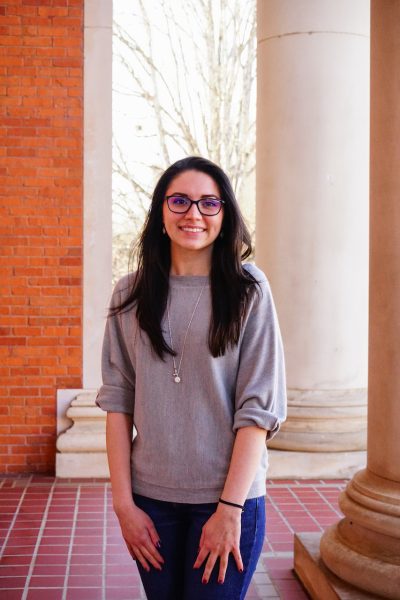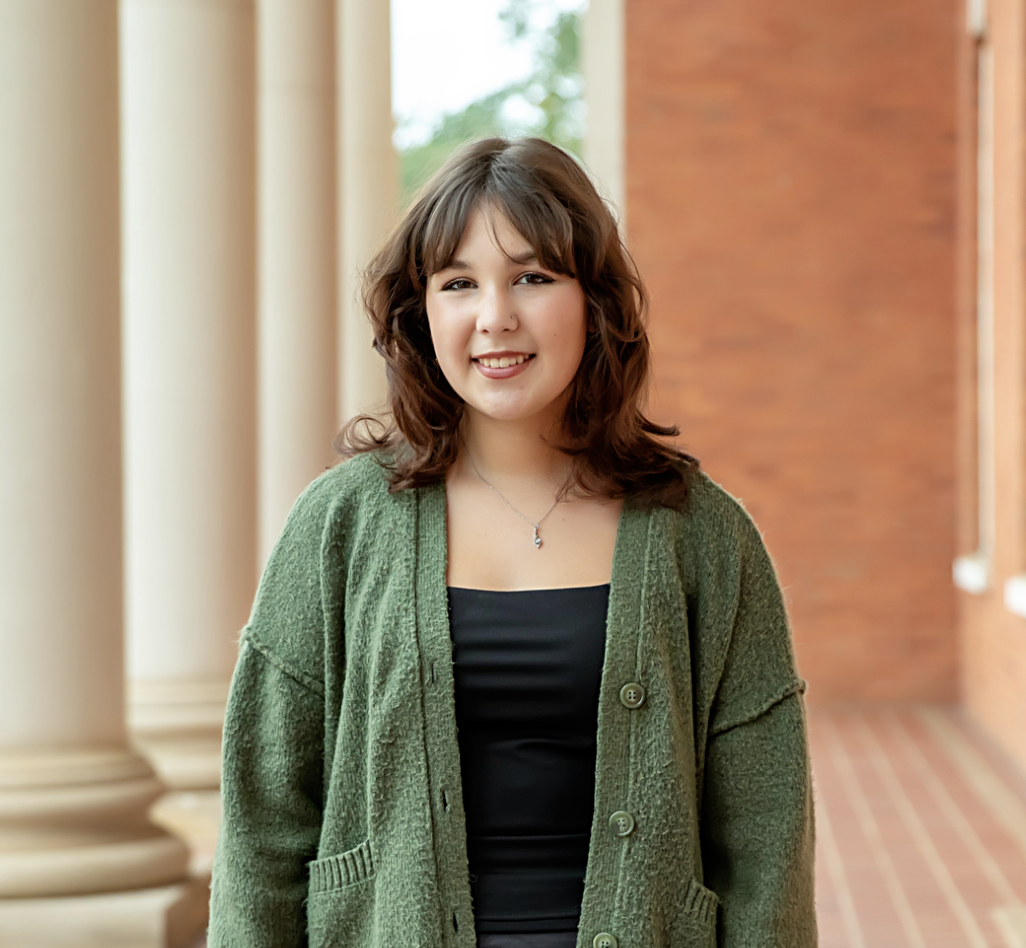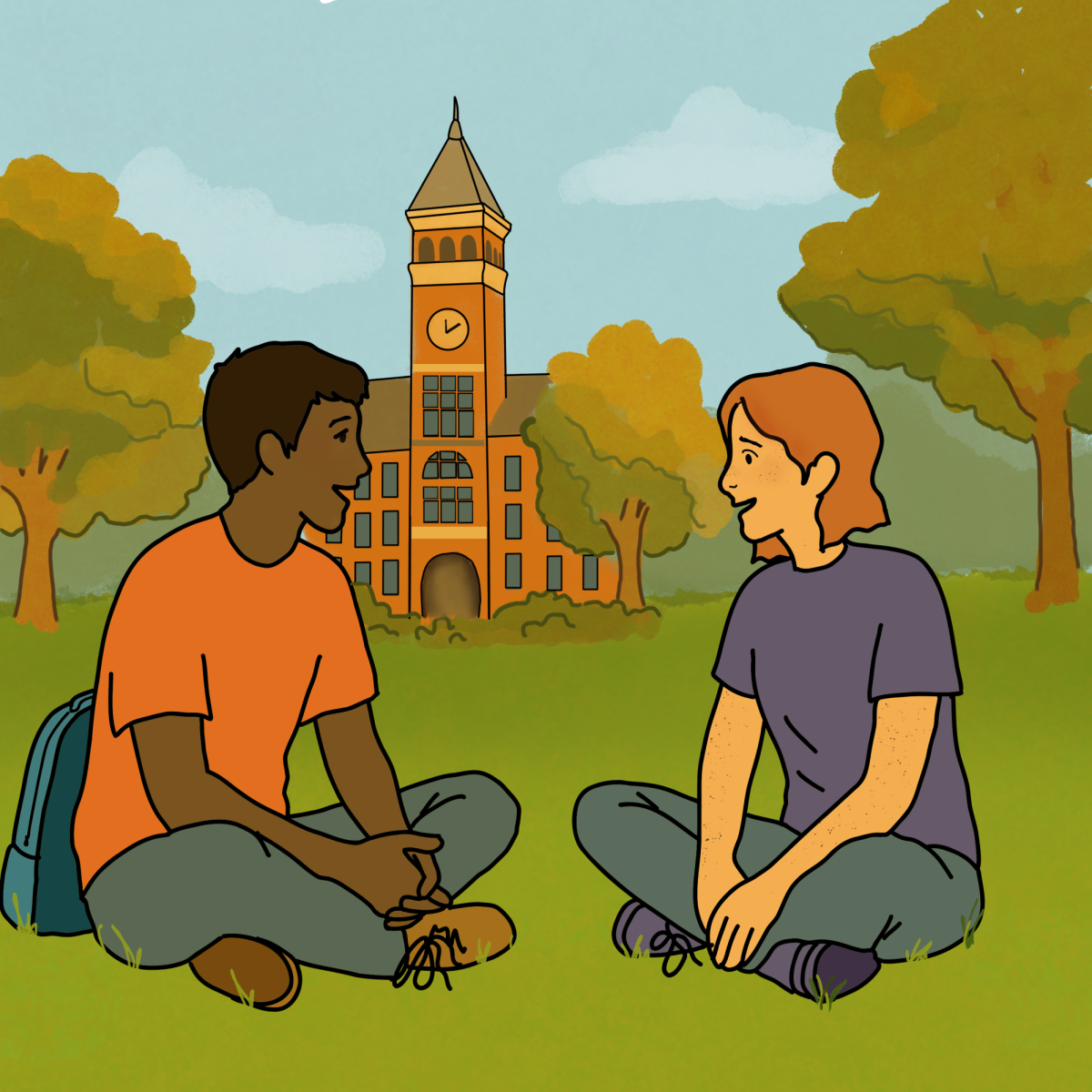Starting college, most of us probably remember hearing the typical warnings that it’s harder than high school, that parking is awful and that you’ll have to take those dreaded general education courses. But did anyone ever warn you about grief being an obstacle? I’m going to guess the answer is no, or at least, that was the case for me.
Around 35% to 48% of college students are likely to be in their first 24 months of grieving, according to a 2006 study by Purdue University. However, this isn’t surprising if you really think about it.
It has become increasingly common in the U.S. over the past few decades for parents to have children at later ages, like their 30s and early 40s, according to NBC News. The higher the age when a child is born, the higher it will be when that child goes to college. This means older grandparents as well.
About 22% of college students had a grandparent who passed away, and almost 50% had experienced the loss of a parent, according to the previously mentioned study from Purdue University. Older parents and older grandparents can increase their chances of serious illnesses and, unfortunately, death.
Many people also get family pets early on in their childhood, which can lead to grieving their passing once those people reach college age.
Grief also comes in many forms and doesn’t just have to mean the passing of a loved one. We grieve when we go through a breakup with a significant other or when we end a long-term friendship. We grieve when we move to a different town or even when we graduate high school or college.
Grieving is a big part of life, and trust me, it’s even harder when you’re in college.
Managing the stresses of classes, exams, internships and your social life while coming to terms with a loss, the end of a chapter or relationship is a lot. Still, many college students aren’t warned about grief and can be unprepared to deal with it.
In my freshman year, my grandmother passed away after dealing with a lot of health issues. About a year later, my grandfather also passed. A few months later, the dog I have had since childhood, unfortunately, passed away as well.
As I entered my senior year, the cat I have had since childhood unexpectedly passed away last summer before the start of the fall semester.
No one told me that grief would become a part of my college experience. The loss of my grandmother, being the first, especially, had an impact on my time in college. I was struggling with my mental health, my grades dropped and I just couldn’t focus on school.
Many college students who are grieving may experience something similar, but the process looks different for everyone. Unfortunately, it’s something that takes time, and there isn’t a “right way” to grieve.
However, here’s some advice that may help from a college student who’s been through it too.
Give yourself time to process what has happened and to feel your emotions. Depending on the situation, a death or a loss can hit you harder than others. Sometimes, things are expected, which can speed up the grieving process, but when they’re unexpected, it’s crucial to process it.
Also, be forgiving of yourself. Grieving can come with a lot of regrets and even feelings of guilt. You may feel like you could’ve avoided the event if you had taken different steps, but this isn’t good to put on yourself. Avoid the should’ves, could’ves, and would’ves.
Once you’ve taken some time, get back out there as soon as possible. You’ll want to seclude yourself from responsibilities and people, but this only makes things worse. When you get back into your usual routine, you’ll begin to feel better.
It might be hard, but talk to others about what you’re going through. Friends and family are there for you, and chances are, they may be grieving as well. Also, communicate with professors and seek help when you need it.
If you’re currently in the process of grieving, just know that you’re not alone. There are many resources available to students through Clemson University, including the Redfern Health Center, which can be reached at (864)-656-2233, and Counseling and Psychological Services (CAPS), which can be found on its website.
Madison Akers is a senior communication major from Easley, South Carolina. Madison can be reached at [email protected].









